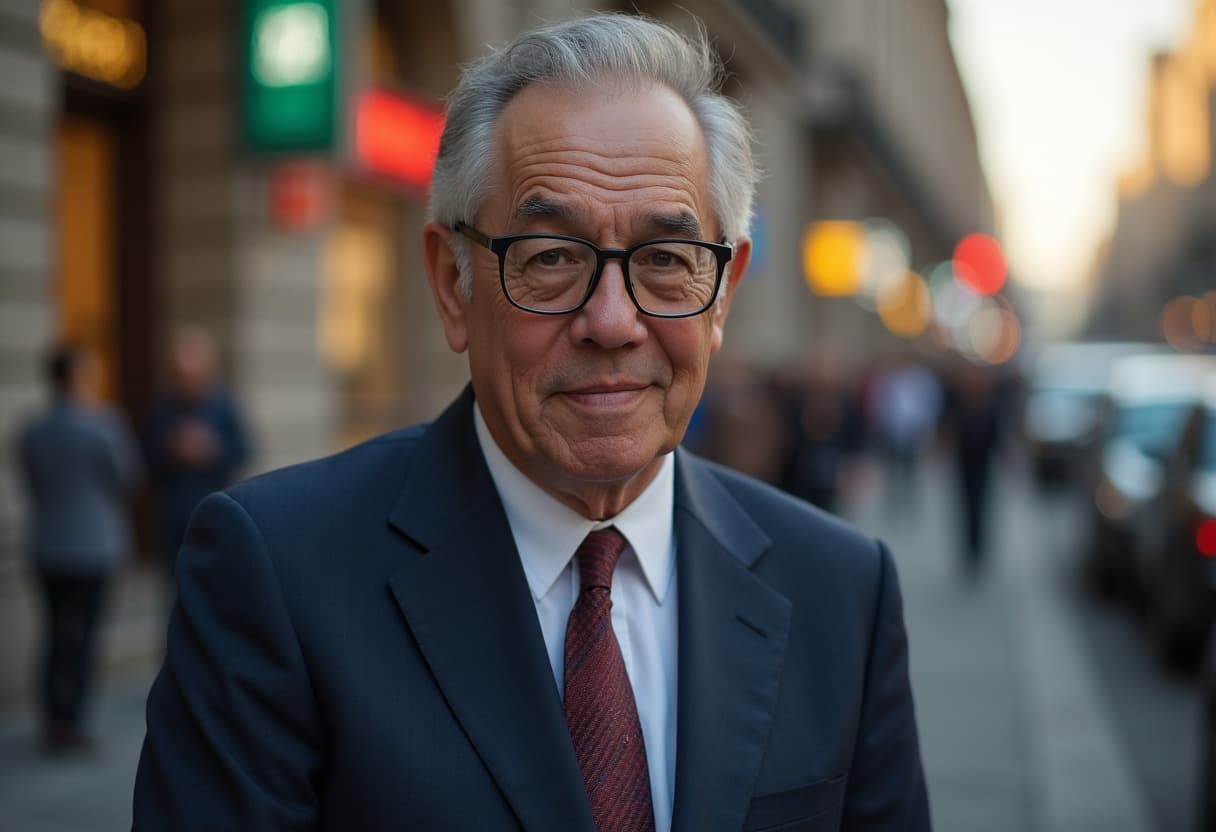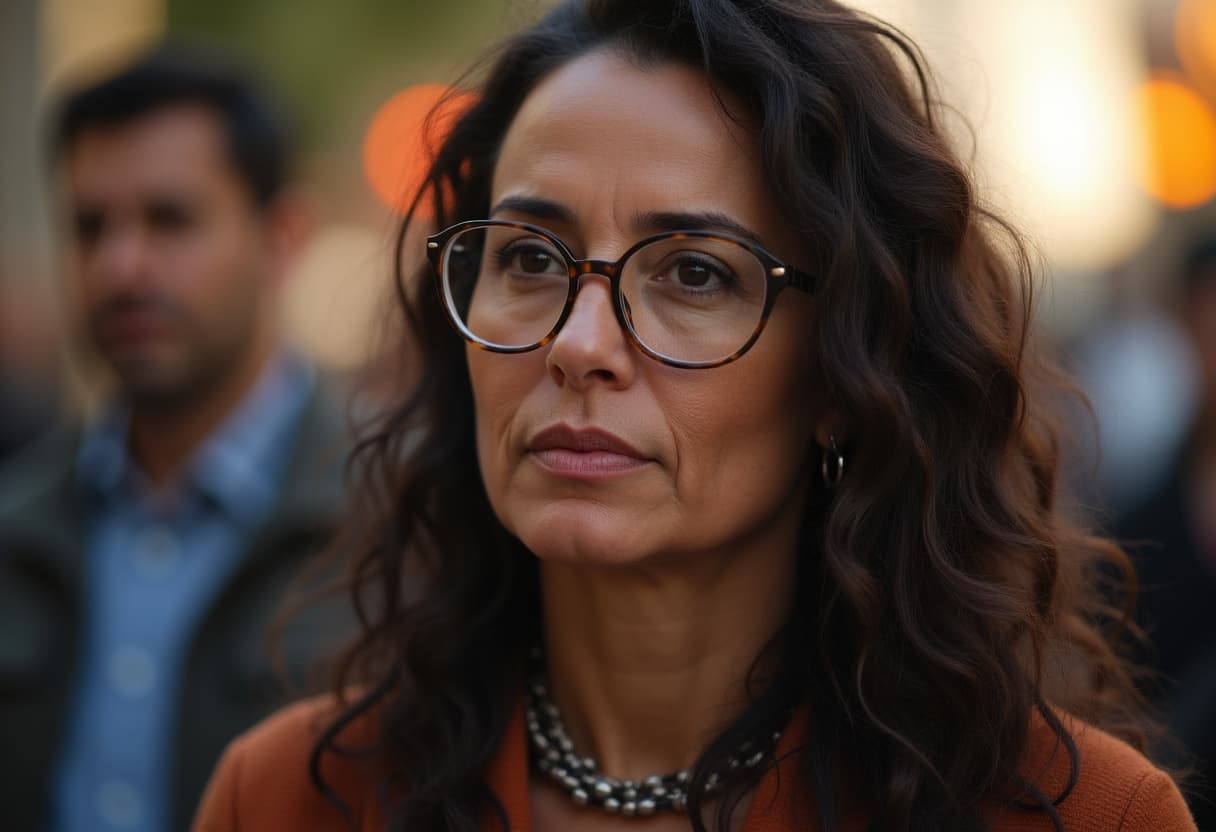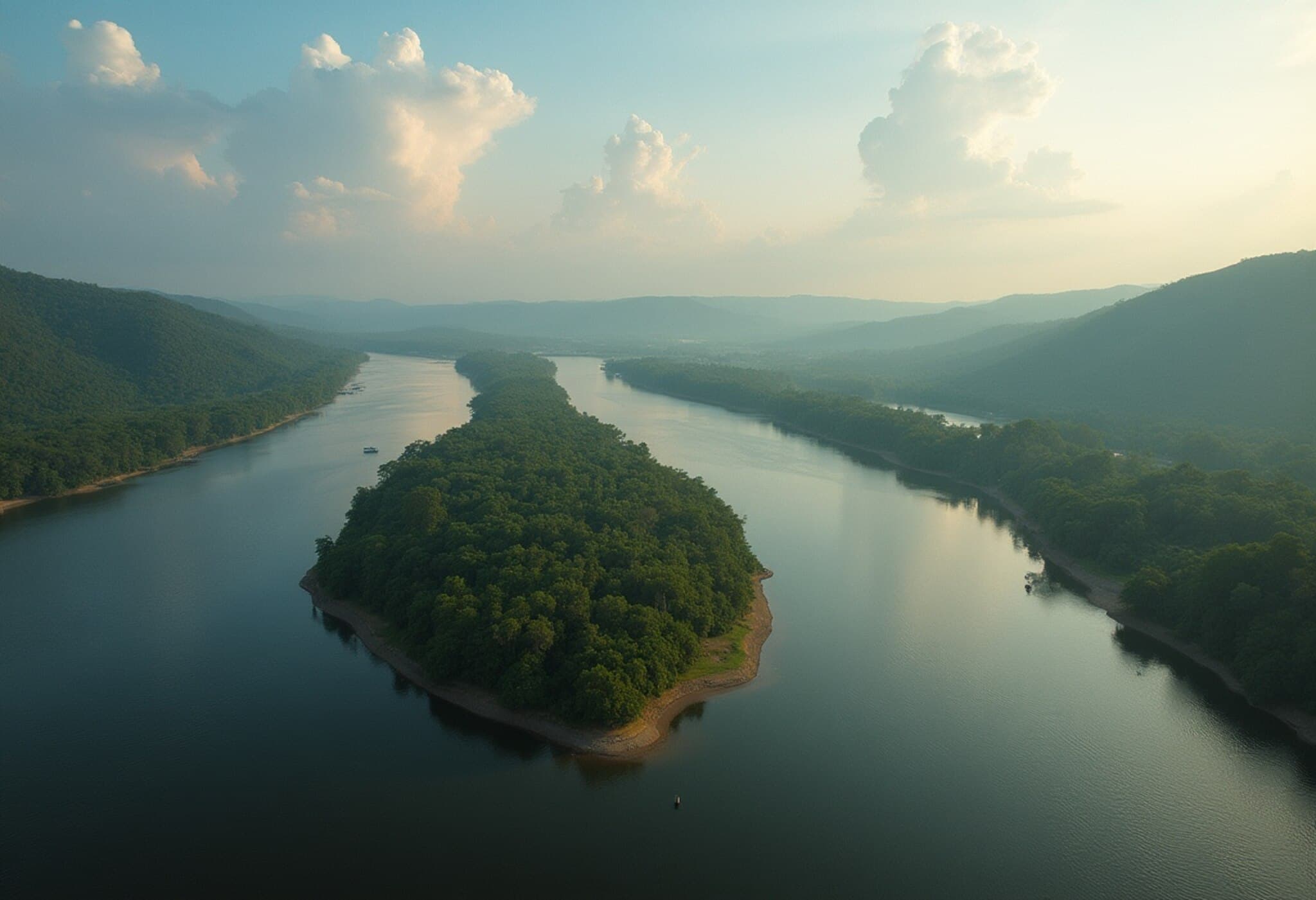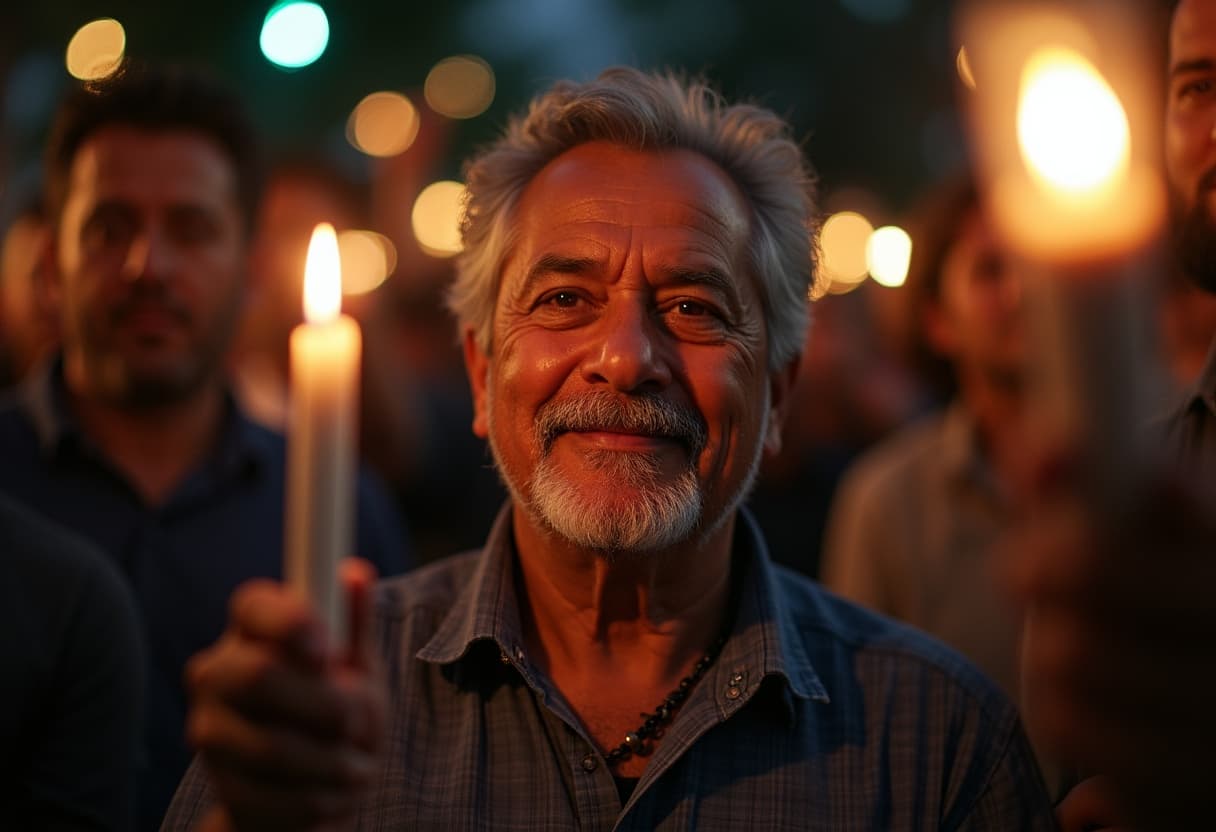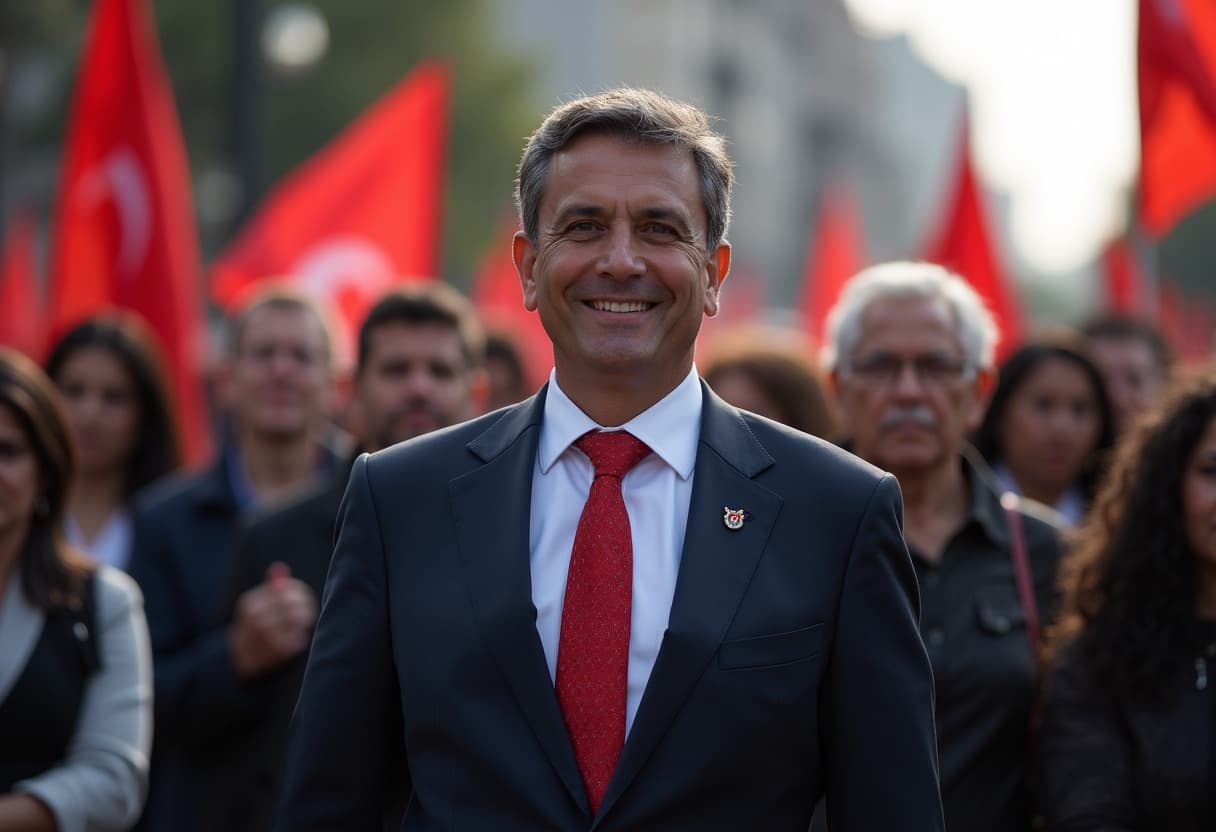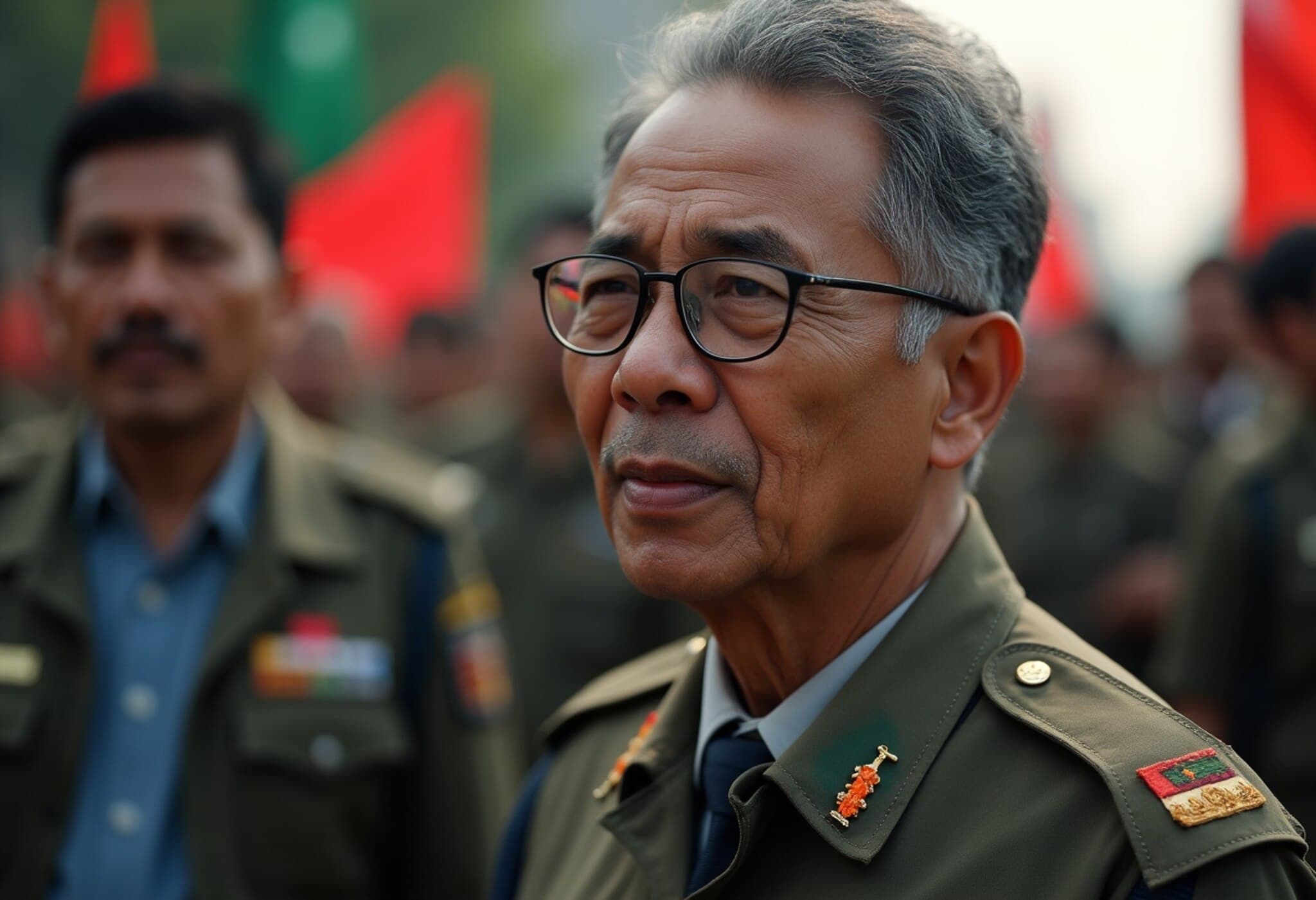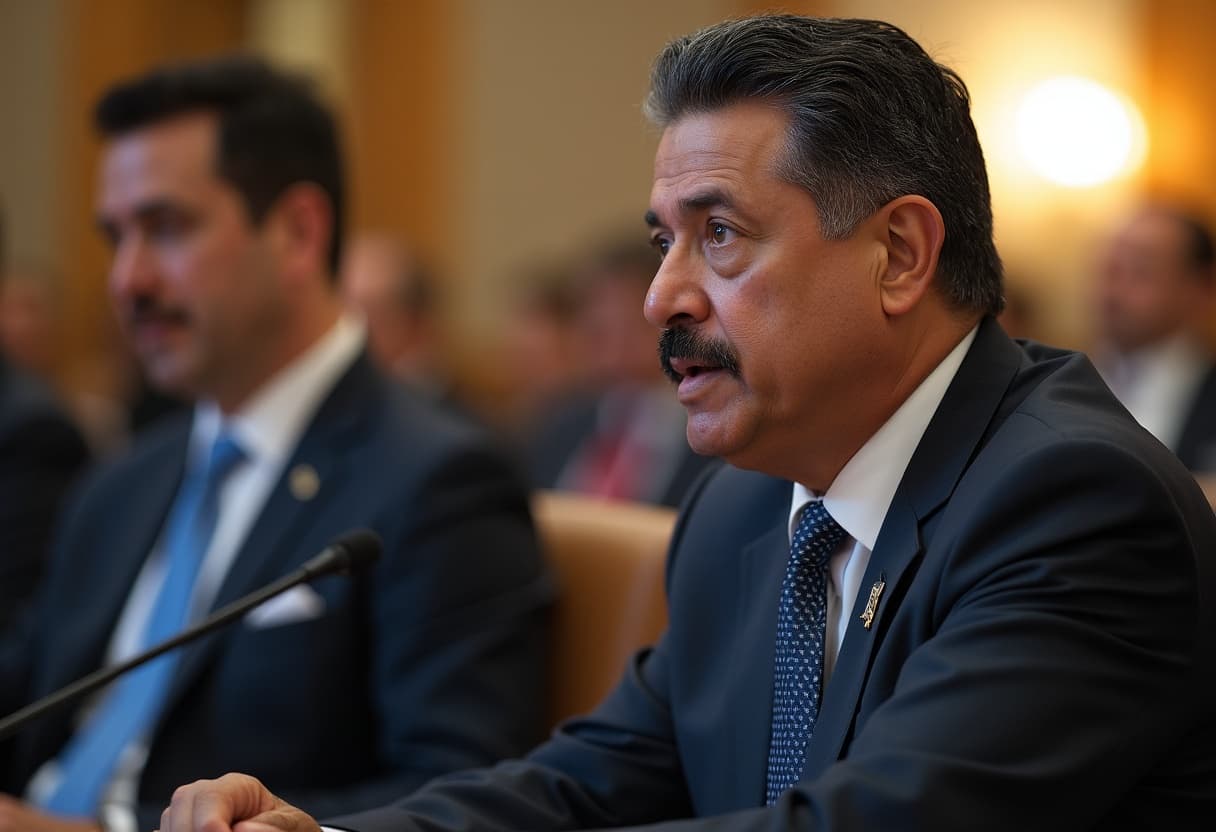Peru’s Political Turmoil Peaks with President’s Impeachment
In a stunning political upheaval that has captured the attention of Latin America and the international community, Peru's Congress voted unanimously to impeach President Dina Boluarte in the early hours of Friday. This dramatic removal comes amid escalating public frustration over a relentless surge in violent crime and perceived governmental inaction, culminating in a crisis that eroded her already fragile support base within both government and society.
Unprecedented Unpopularity and Political Isolation
Dina Boluarte, who assumed office three years ago with moderate expectations, saw her approval ratings plummet to an historic low of 2 to 4 percent, down sharply from her initial 21 percent. The erosion of public trust was fueled by a series of high-profile incidents, including a shocking shooting at a popular cumbia concert which served as a grim symbol of the country’s spiraling security issues. Political allies — including right-wing and centrist parties that had propped up Boluarte’s administration — withdrew their support under the weight of public outcry and cross-ideological pressure, resulting in a rare 118-0 vote invoking the constitutional clause of permanent moral incapacity.
Legal and Constitutional Context
The decisive congressional vote demonstrates the strength of Peru’s constitutional mechanisms designed to maintain checks and balances, even amid political crises. The use of ‘permanent moral incapacity’ as grounds for impeachment, while controversial, reflects Peru’s complex history of political instability and the legislature’s determination to respond decisively to leadership failures perceived as jeopardizing national security and democratic integrity.
What Comes Next: Transition and Elections
With Boluarte ousted, José Jerí, the President of Congress, stands next in the constitutional line of succession and will serve as Peru’s interim President. The country now looks ahead to the general election slated for April 12, 2026, which carries the heavy expectation of stabilizing a nation grappling with economic uncertainty and spiraling crime. Alternatively, Congress could elect a new leader from among their ranks before then, adding another layer of political maneuvering in the weeks ahead.
Broader Implications: Crime, Governance, and Social Trust
Experts highlight that Bolivia’s removal underscores broader issues confronting Latin America: the challenge of governing amidst rising crime rates, diminishing institutional credibility, and citizen disillusionment. The recent political collapse reveals the dangerous intersection where public insecurity accelerates political downfall, a pattern observed in various nations facing similar hybrid threats to law and order.
- The crime surge: A spike in violent incidents undermines not just public safety but also citizen confidence in government effectiveness.
- Political fragmentation: Opposition and former allies uniting signal growing polarization but also a shared recognition of governance failure.
- Regional stability: Peru’s political instability may have ripple effects, influencing migration flows and diplomatic relations within South America and beyond.
Underreported Stories and Critical Questions
While headlines focus on impeachment, there is less coverage of the societal impact — particularly on marginalized communities disproportionately affected by violence and the instability. What mechanisms exist to protect vulnerable populations during political transitions? Furthermore, are structural reforms on the horizon to tackle the roots of crime, such as poverty and systemic corruption? The election period will be a critical window for voters and policymakers to address these deep-seated challenges.
Expert Commentary
Professor Carmen Alvarez, a political analyst specializing in Latin American governance, notes, “Boluarte’s fall is emblematic of a crisis of legitimacy. Governments must bridge the gap between authority and societal trust, especially when public safety is at stake. Peru’s next leadership faces the daunting task of restoring faith not only through policy but through genuine engagement with people’s fears and aspirations.”
Editor's Note
Peru’s recent political seismic shift is more than a change in personnel; it is a reflection of profound societal stress caused by criminal violence and governance shortfalls. As Peru prepares for elections, the pressing questions remain: How will emerging leaders prioritize security, justice, and inclusive governance? Can institutions adapt to restore stability without compromising democratic principles? Readers should watch closely how these dynamics evolve, understanding that Peru’s experience offers critical lessons for democracies grappling with similar crises worldwide.


